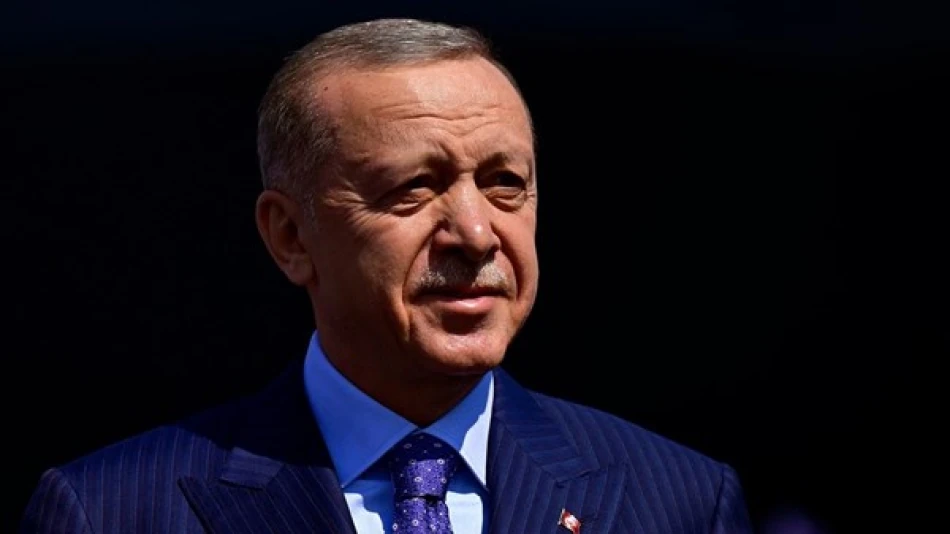
Turkey's Erdogan and NATO Discuss Security Assurances for Ukraine amid Conflict
Turkey Positions Itself as Key NATO Mediator in Russia-Ukraine Peace Process
Turkish President Recep Tayyip Erdoğan and NATO Secretary-General Mark Rutte held crucial discussions on Ukraine's long-term security guarantees, signaling Turkey's growing role as a bridge between NATO allies and peace negotiations. The conversation highlights Ankara's unique position as the only NATO member maintaining diplomatic channels with both Moscow and Kyiv while actively facilitating dialogue.
Strategic Coordination Between Ankara and NATO Leadership
During Tuesday's phone call, Erdoğan and Rutte addressed the latest developments in the Russia-Ukraine peace process, with both leaders agreeing on the need for close coordination. The Turkish presidency emphasized that discussions centered on sustainable security guarantees for Ukraine—a critical component of any future peace settlement.
This coordination reflects NATO's recognition of Turkey's diplomatic value, despite occasional tensions over Ankara's independent foreign policy approach. Turkey's ability to maintain dialogue with Russia while remaining a NATO member makes it an indispensable mediator in European security architecture.
Turkey's Unique Diplomatic Position
Historical Precedent for Mediation
Turkey has consistently leveraged its strategic geography and relationships to play mediator roles in regional conflicts. The country successfully brokered the Black Sea Grain Initiative in 2022, demonstrating its capacity to facilitate agreements between warring parties. This latest engagement suggests Erdoğan is positioning Turkey as the primary channel for any serious peace negotiations.
Balancing Act with Moscow and Washington
Unlike other NATO allies, Turkey has avoided imposing comprehensive sanctions on Russia and maintained economic ties throughout the conflict. This approach, while occasionally frustrating Western partners, now provides strategic value as peace discussions gain momentum. Turkey's relationship with both Ukrainian President Volodymyr Zelenskyy and Russian President Vladimir Putin gives Ankara unique access that traditional Western mediators lack.
Implications for Regional Security Architecture
The focus on sustainable security guarantees indicates that any peace framework will require robust international backing. Turkey's involvement suggests these guarantees may extend beyond traditional NATO Article 5 protections, potentially creating new security arrangements tailored to Ukraine's specific situation.
This development also signals NATO's pragmatic approach to ending the conflict. By working through Turkey, the alliance can explore peace options without appearing to negotiate directly with Russia, maintaining pressure while keeping diplomatic channels open.
What This Means for Future Negotiations
Turkey's enhanced role in peace discussions could accelerate diplomatic progress, particularly as military dynamics on the ground reach potential stalemate conditions. Erdoğan's government has the diplomatic infrastructure and political will to host substantive negotiations, having previously facilitated talks in Istanbul during the conflict's early months.
The coordination between Erdoğan and Rutte represents a significant shift toward practical diplomacy, suggesting that NATO leadership recognizes the need for creative approaches to European security challenges. Turkey's contribution to the peace process may ultimately prove more valuable than its military contributions to the alliance, reshaping Ankara's role within NATO for years to come.
Most Viewed News

 Layla Al Mansoori
Layla Al Mansoori






